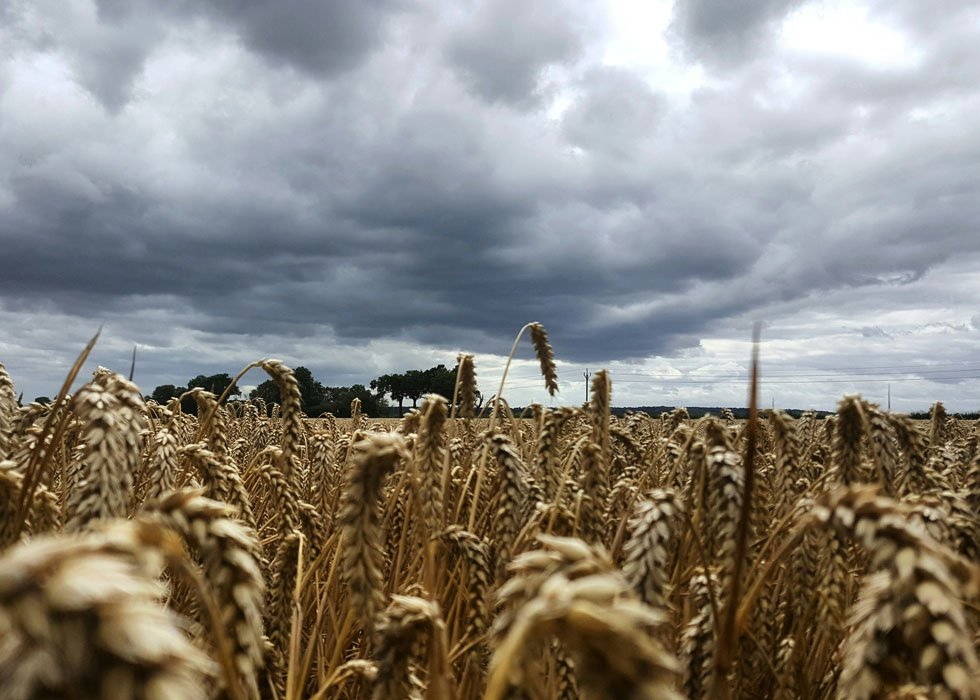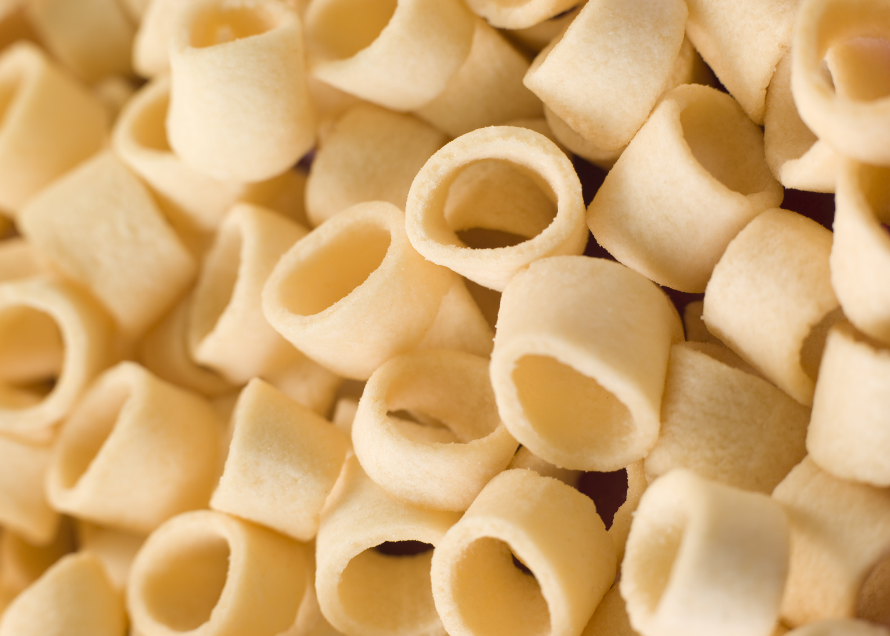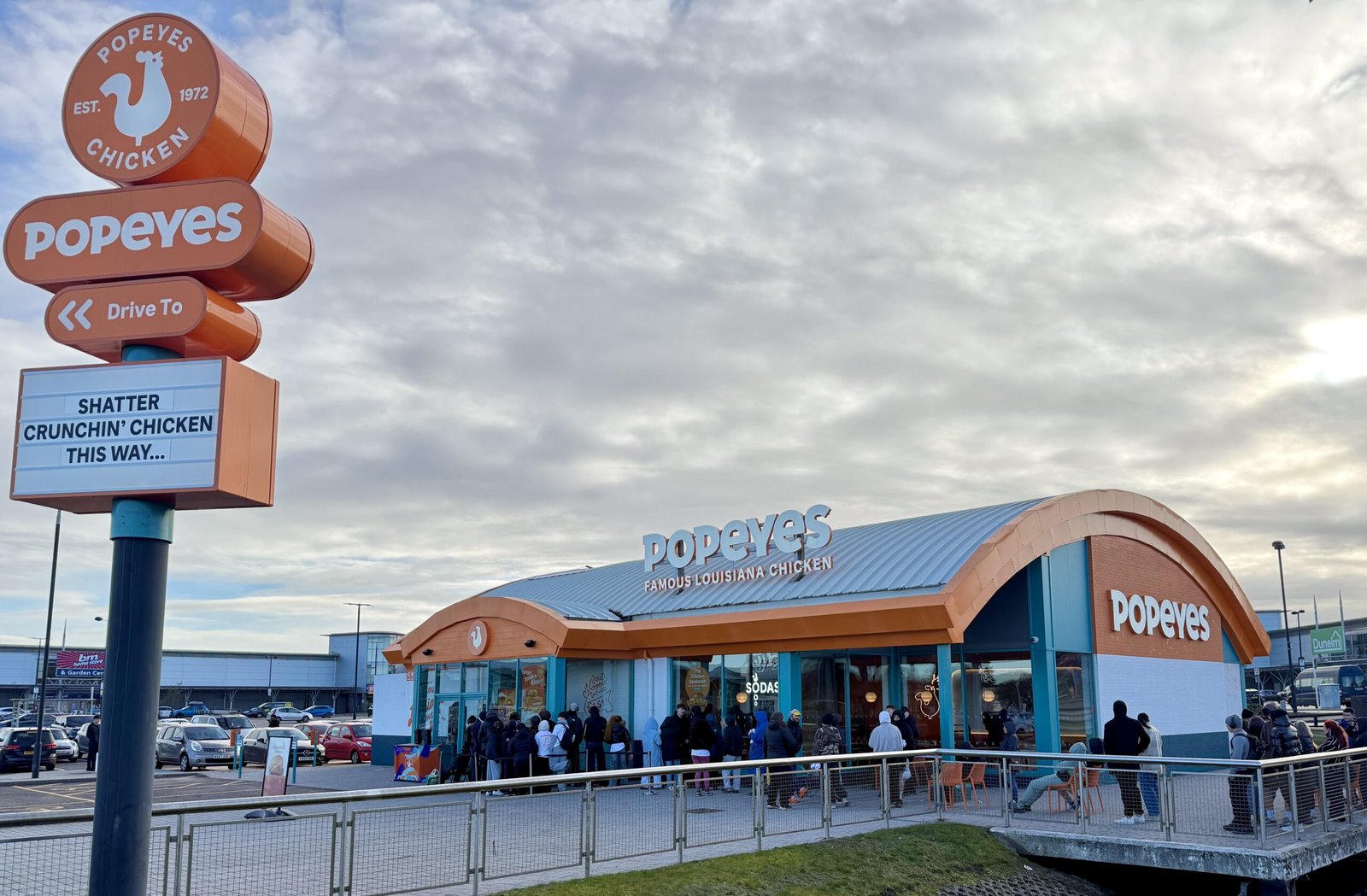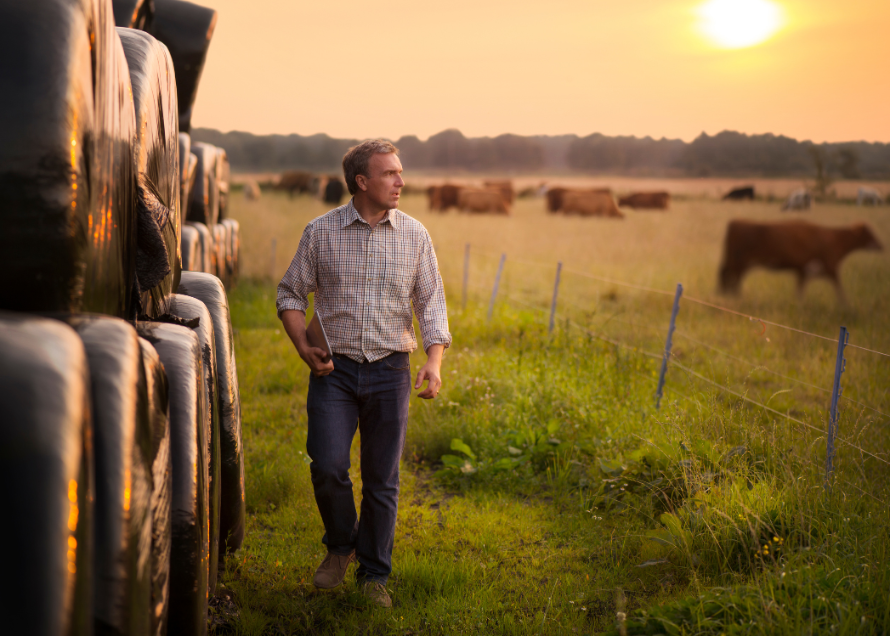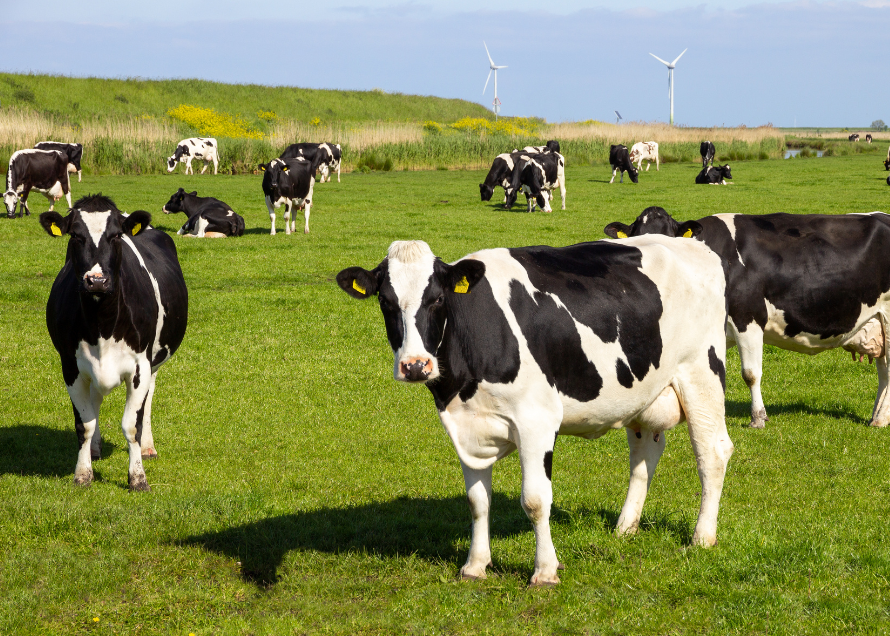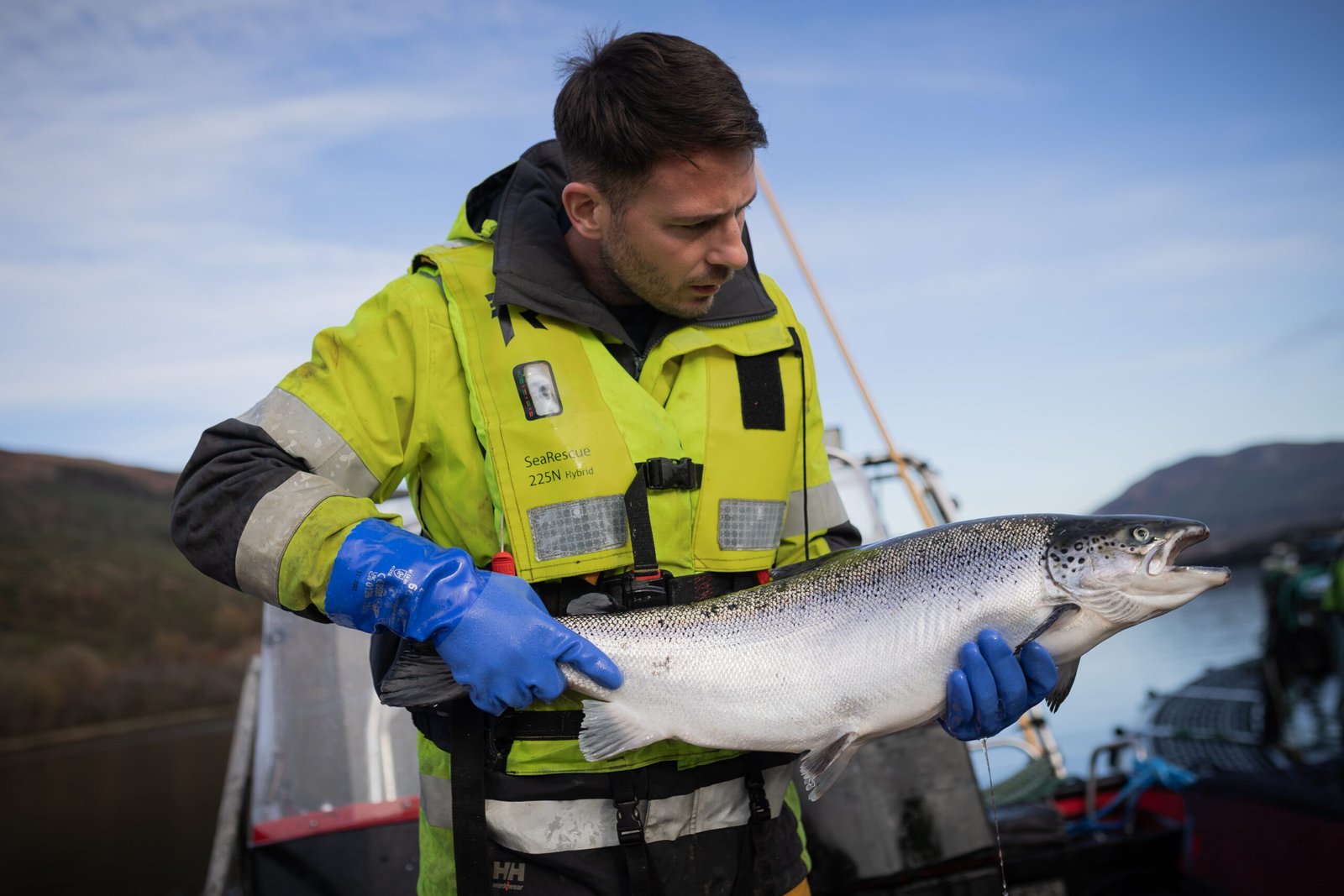By Simon McKeating, Programme Manager at the Scotland Food & Drink Partnership’s Net Zero Commitment
Collectively, we’ve just sweltered through the UK’s second warmest June since 1884 and it doesn’t appear to be letting up. With forecasters predicting more heatwaves ahead, farmers are bracing for what’s becoming the new norm – climate extremes disrupting how, and what, we grow.
This isn’t a crisis unfolding in some faraway land with impacts on the likes of cocoa or olive oil. It’s here now and it’s already threatening our national larder. From waterlogged fields and failed harvests to disrupted supply chains and rising costs, climate change is no longer just a background concern but one of the biggest risks to food security we face as a nation.
Scotland’s food and drink industry is one of our greatest national assets. Renowned for its quality, provenance and people, it sustains livelihoods, supports rural communities, and forms a vital part of our economy and identity. But the climate crisis is putting all of this at risk.
This is not just an environmental emergency. It is an economic and social one.
Take potatoes. A Scottish staple and global export. Popular varieties like Ayrshire and Maris Piper are now at risk. With research by the James Hutton Institute indicates that, when temperatures exceed 25°C, potato plants stop growing and start fighting for survival – a change that slashes yield and quality. By 2030, we could see up to 60 days of “heat stress” per growing season, an existential threat to a crop that underpins jobs, exports, and diets across the country.
Likewise, when we look at barley – the beating heart of our whisky industry – it is facing a similar fight. The 2018 heatwave caused a 7.9% drop in UK spring barley production, hammering distillers with higher prices and reduced supply. As drought risk increases, so does the chance we’ll start to see changes in the flavour, consistency, and availability of our national drink.
Livestock farming, too, is feeling the pressure. In hotter weather, cattle and sheep face increased heat stress, reduced fertility, and lower feed intake – all of which affect growth rates and animal welfare. Farmers are having to adapt animal husbandry practices to protect stock from prolonged exposure to extreme conditions, adding yet more strain to already thin margins.
These examples are not one-offs, but early warning signs. From cancelled harvests to delayed deliveries, rising costs and shrinking margins, our producers are already feeling the impacts of climate change. Supply chain resilience is being tested and those who operate on the finest of margins are close to breaking point.
To protect Scotland’s food future, we must act now. The transition to Net Zero is often framed as something businesses ‘have to do’ that costs an arm and a leg. The reality is that it’s one of the most important investments we can make in the future strength and resilience of Scotland’s food sector.
By cutting emissions, businesses are often also cutting costs. Whether it’s regenerative farming, switching to renewable energy, or simply recycling, practical steps exist today to build both resilience and competitiveness.
The longer we delay, the fewer options we will have. The good news is, as with all universal issues, no one has to do this alone.
Through the Scotland Food & Drink Partnership’s Net Zero Commitment, we’re working closely with government, industry bodies and the wider supply chain to provide the tools, guidance and support businesses need.
That means making grant schemes easier to find, requesting extended funding windows, offering application support, and investing in infrastructure and practical business advice. We must ensure that every grower – large or small – can access the tools they need to thrive in a changing climate.
You Might Also Like:
No related posts.
And above all, it means recognition from retailers, policymakers and the public that backing Scottish produce is not just about national pride. It’s an investment in our food security, our rural economy, and our Net Zero future.
If we want to keep Scotland’s shelves stocked with Scottish food – and if we want our farmers to be part of the climate solution rather than casualties of it – the time to act is now.
Let’s use this summer’s heat as a turning point, not a warning unheeded.

